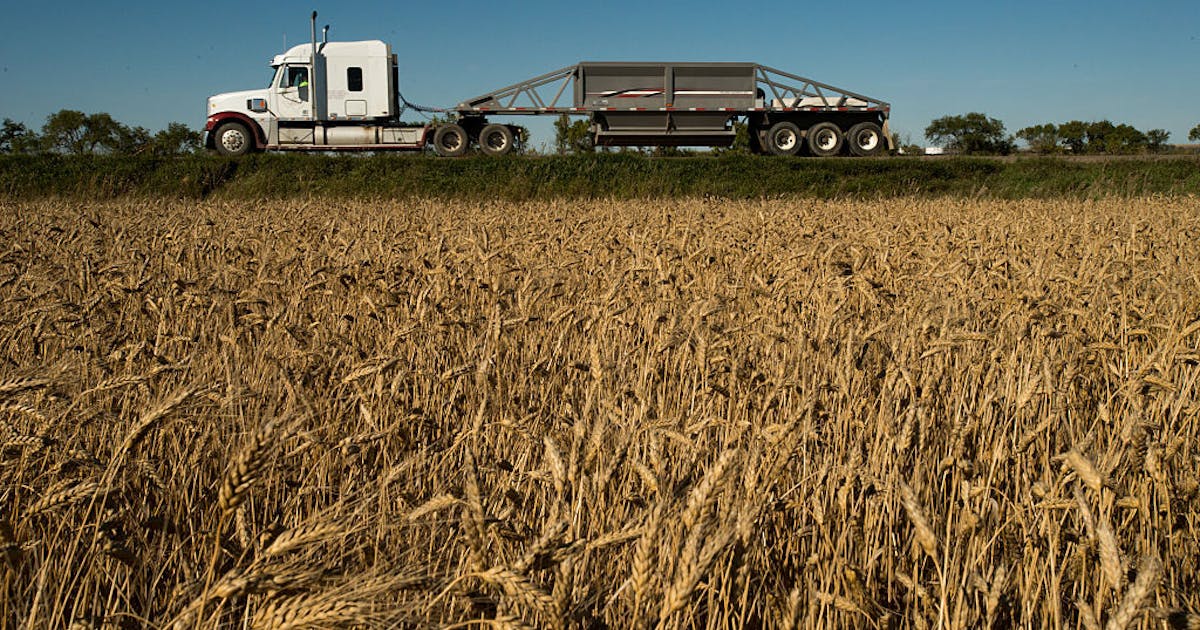…melting ice sheets dumping vast quantities of freshwater into the ocean could change the currents of the Atlantic Ocean. The new modeling suggested, though, that complete collapse of the Atlantic Ocean’s current system is no longer “theoretical” and could occur much faster and more completely than anticipated.
…“We’ve done surprisingly little preparing for these kinds of shocks,” said Roni Neff, a professor at the Johns Hopkins School of Public Health and Center for a Livable Future. When Neff and her colleagues surveyed local governments on food system resilience, “the people that responded were those that were already thinking about this, and of those that responded only 10 percent considered their local jurisdiction to be prepared.”
…While the U.S. Department of Agriculture does have grants and loans for building a more resilient food system, that’s far from being a comprehensive plan for responding to giant climate shocks. “Some of us in academia have been trying to push the governmental agencies to take notice of this,” Puma said, “with little success to date.”
…study of New York City in 2016 estimated “the New York City food system holds roughly 4 to 5 days of regular consumption of food stock on average”—not an encouraging figure if one were to imagine incoming supply chains being disrupted.)
…there’s “low-hanging fruit” like fighting the increasing “consolidation of farmland,” reducing overreliance on fertilizer and pesticides, and being a little more skeptical of so-called smart agriculture: “If you’re introducing the use of drones into the agricultural system, that’s a new type of risk to take into account.”


